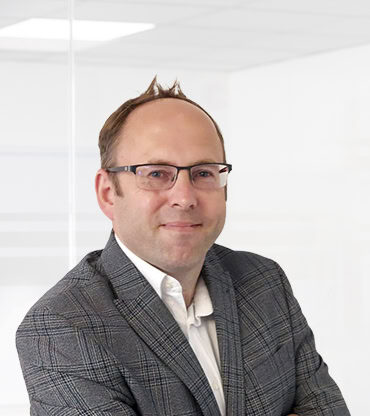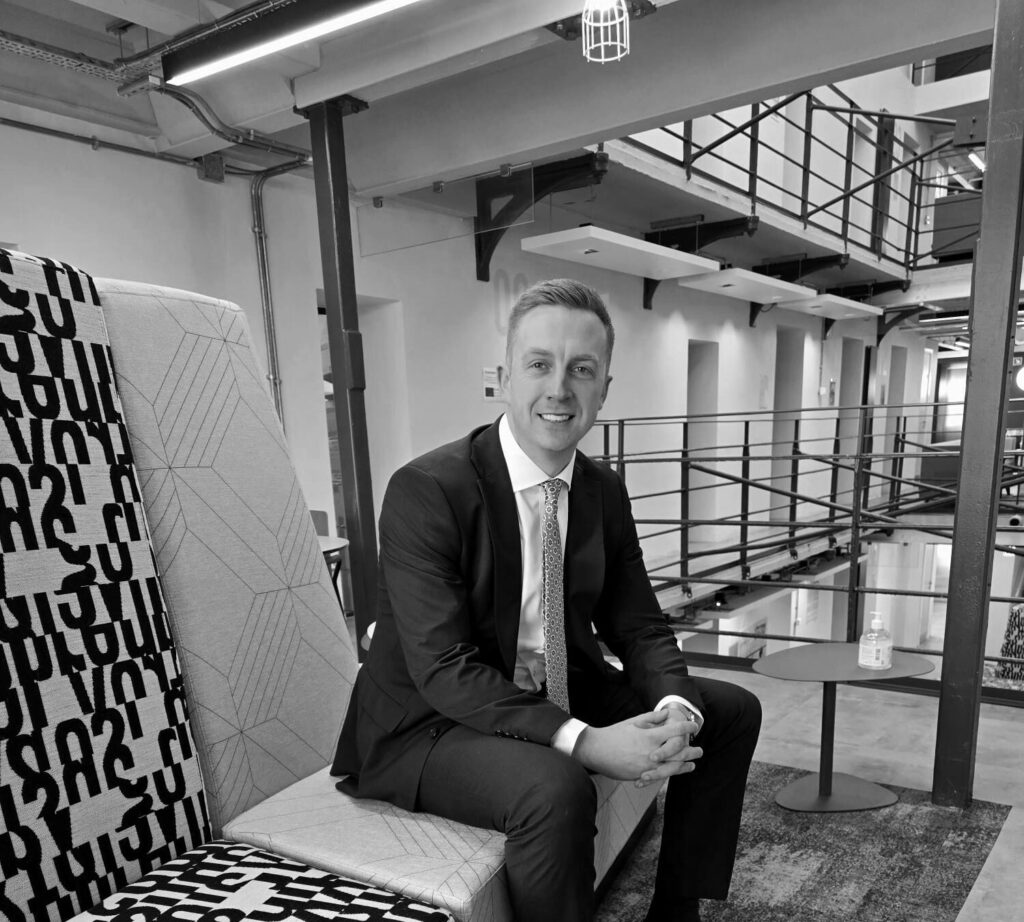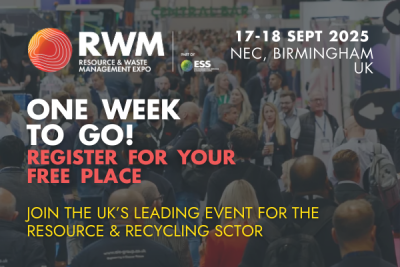OPINION: Behaviour change campaigns can be expensive, and proving their return on investment isn’t always straightforward. Whether it’s getting people to recycle more, reduce contamination, or embrace food waste recycling, the challenge remains: how do we create sustainable habits in a way that genuinely works, and works at scale?

Listening first: Bristol’s food waste trial
At Bristol Waste, we’re interested in robust evidence, not just ideas. We know from our annual waste composition analysis that food waste makes up a significant proportion of the black bin – material that could have been turned into energy for homes and fertiliser instead. Reducing this isn’t just about saving the city money on expensive disposal fees, it’s about tackling climate change too.
Last year, we ran a trial campaign to test different engagement methods, messaging and visual assets in target areas and populations to identify the most effective approach to encouraging Bristol residents to improve their participation in food waste recycling. We didn’t assume, we asked people what they needed, and we listened. Something very simple, but a way to ensure success further down the line.
Selecting areas using tonnage data, participation levels, and demographic variation, we were able to see how different messages landed in different communities. We trialled face-to-face engagement (door knocking) and printed materials (signs attached to bins and leaflets) and combinations of both across the various areas. From doorstep conversations, we found that simple, low-cost interventions like changing the positioning of the food caddy in the kitchen or not having to buy compostable liners led to noticeable improvements in participation. It’s not that people don’t want to do the right thing – but life gets in the way. Our job is to remove the friction, not add guilt. In one area, weekly set-out rates increased by 18.9%.
One of the most important takeaways from the trial was that different people need different things. Some responded well to messaging about how food waste impacts them directly, such as the potential savings to be made by reducing waste, others were more affected by sustainability messaging and how this issue impacts the climate crisis. This nuance reinforces the importance of trialling before scaling. It also affirmed that the most effective campaigns are those co-created with the community. When people see themselves reflected in a campaign – their street, their language, their barriers – they’re far more likely to act.
Building on what works
This isn’t our first foray into behaviour change. From the award-winning “Slim My Waste” campaign to our Flat’s Improvement Project, Bristol has consistently taken a hyper-local, data-driven approach to sustainability.
One of our standout campaigns, “The Big Tidy”, brought together enforcement, engagement, and education to tackle litter and fly-tipping. But more than that, it showed the value of face-to-face contact. By embedding community engagement officers into neighbourhoods, we saw not only cleaner streets but stronger local relationships and communities feeling a sense of pride and ownership over where they live. It’s something we’re now building into future campaigns.
Bristol Waste at the ESS Expo 2025
As resources tighten and climate targets loom, it’s more important than ever to make every pound – and every message – count. At Bristol Waste, our approach is simple: test, learn, adapt. Whether we’re trialling new interventions for food waste, or collaborating with communities through our engagement activities we believe the most sustainable change starts at home.
The belief that real change happens when we work with, not just for, our communities, is why I’m proud to be joining the Representing the 50%: Women Leading Across Sustainability panel at ESS Expo 2025. As women in this sector, we bring a wide range of lived experiences and leadership styles to the table. But what unites us is a shared commitment to inclusive, evidence-based, people-first approaches. Bristol’s story is just one example of how really listening can lead to lasting impact.
Hear from Khadeeja Osman and many more industry experts at the ESS Expo NEXT WEEK in Birmingham. Find out more here.








Subscribe for free